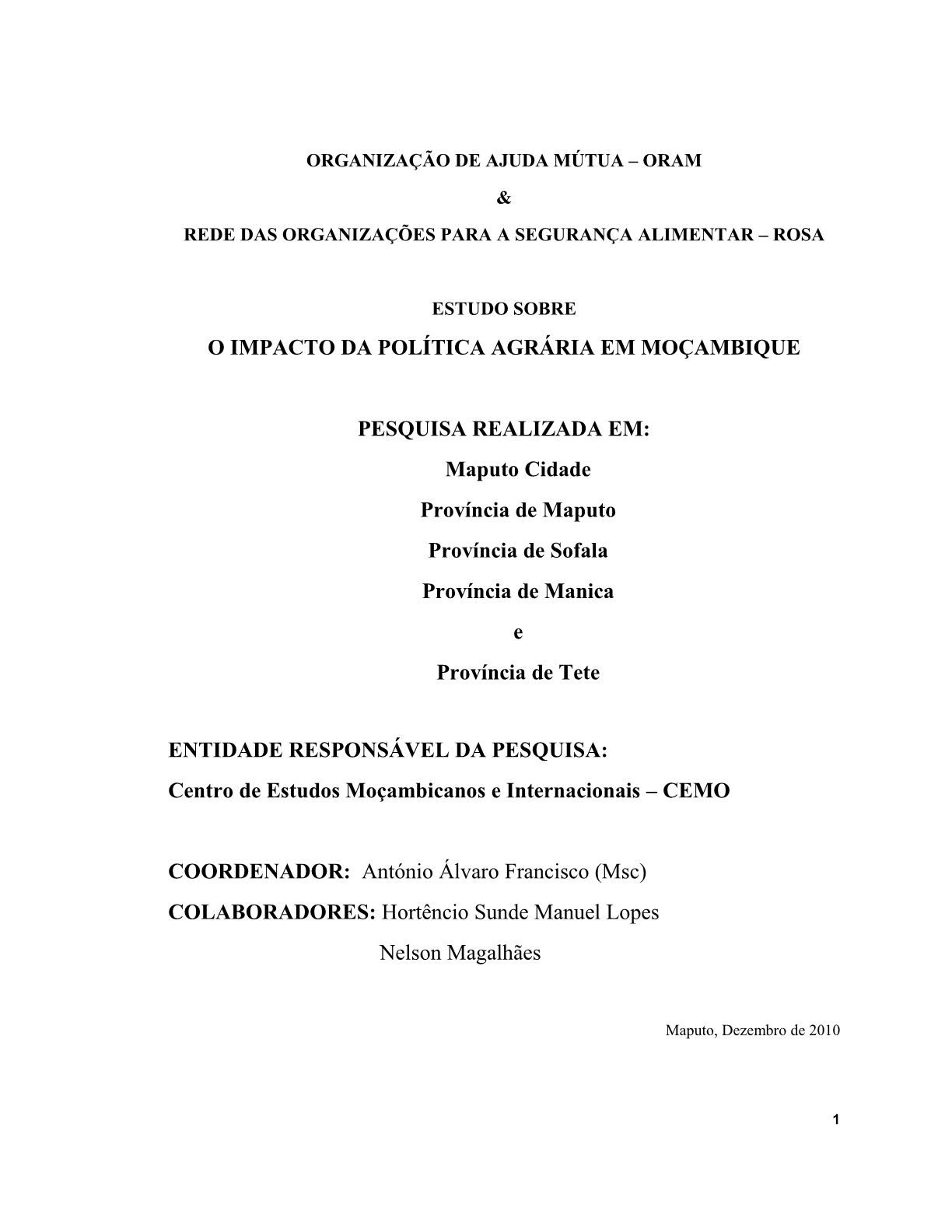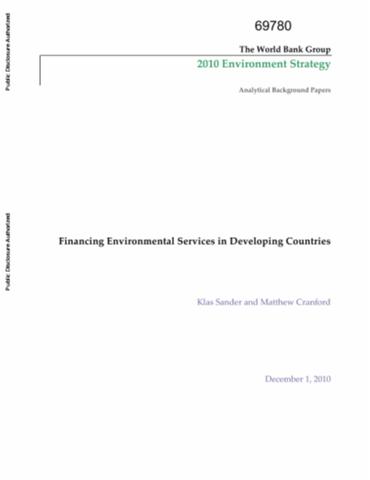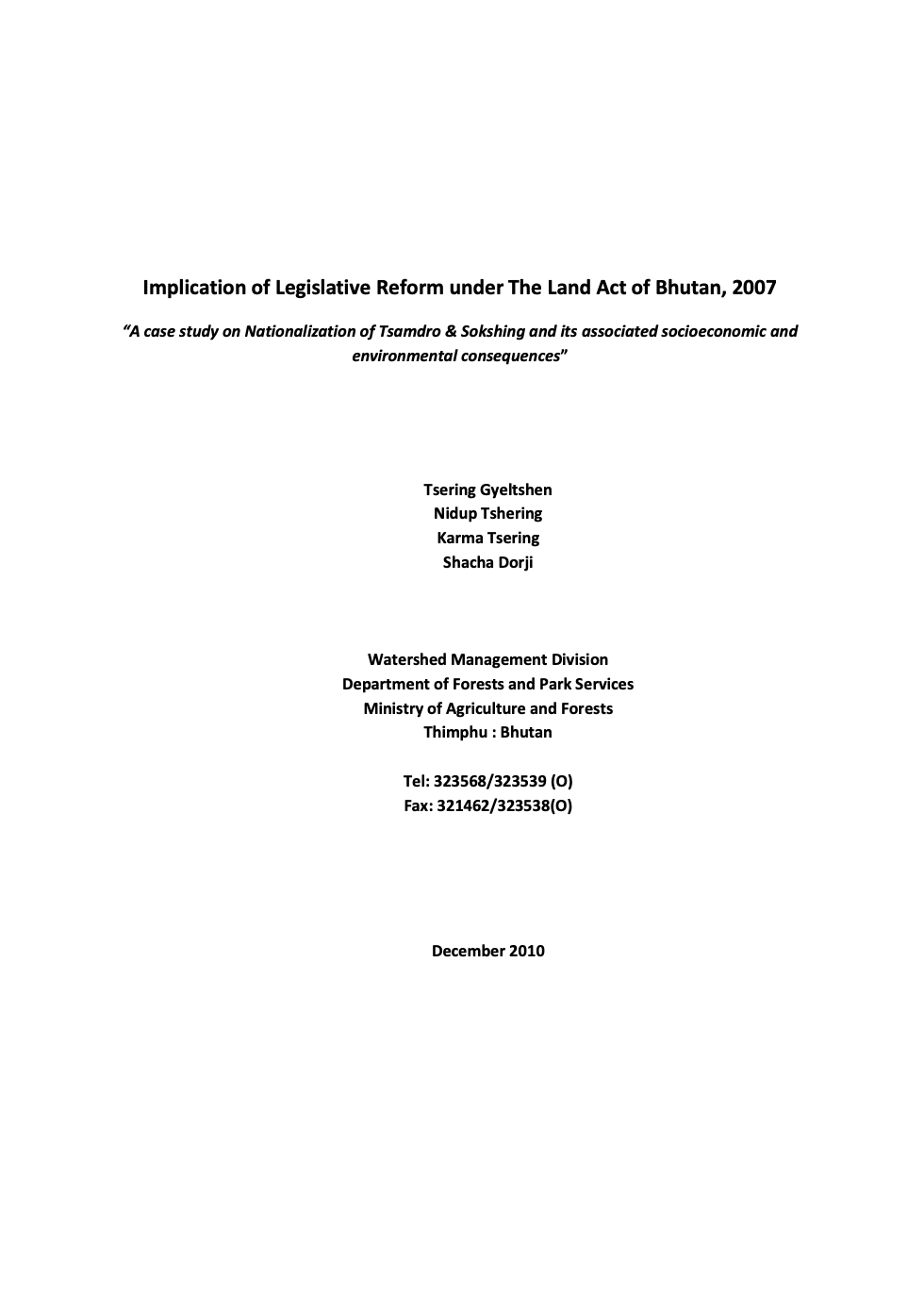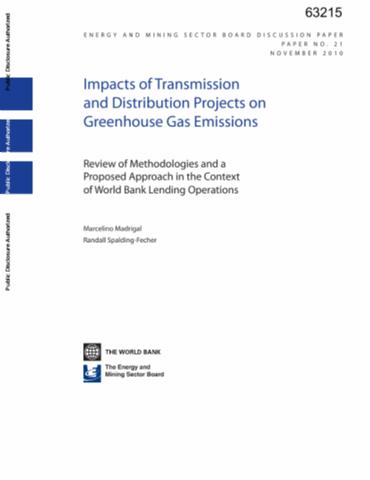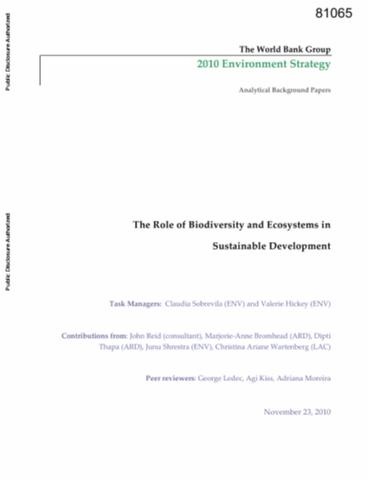Climate Change and Food Security Challenge Badge Resources and Activity Materials
This guide complements the Food Security and Climate Change Challenge Badge activity booklet. The resources and activity ideas are designed to support you and your group and to help you educate children and youth about climate change and food security. The guide contains simple teaching tools to make learning appealing and fun, and provides a selection of activities and exercises to carry out individually or in your group. The guide can be used to achieve the Food Security and Climate Change Challenge Badge or can be used separately.
Overall Goal. Project Results Framework of the Kagera Transboundary Agro-Ecosystem Management Project (Kagera TAMP)
Adoption of an integrated ecosystems approach for the management of land resources in the Kagera Basin will generate local, national and global benefits including: restoration of degraded lands, carbon sequestration, climate change mitigation and adaptation, agro-biodiversity conservation and sustainable use and improved agricultural production, leading to protection of international waters, increased food security and improved rural livelihoods.
Transboundary Agro-Ecosystem Management Programme for the Kagera River Basin
The Project will provide the basis for sustainable transboundary management of the Kagera basin and its land resources and agro-ecosystems. Activities will take into account gender issues, access to resources and conflict resolution. 1. Enhanced regional collaboration, information sharing and monitoring; 2. Enabling policy, planning and legislative conditions; 3. Increased stakeholder capacity and knowledge at all levels for promoting integrated agro-ecosystems management; 4.
Standing tall: exemplary cases of sustainable forest management in Latin America and the Caribbean
The diversity of forest management experiences in Latin America and the Caribbean shows that sustainable forest management is achievable and can be a highly competitive option in a variety of contexts. Communities, companies, NGOs and the state itself, which owns most of the forests in the region, have applied techniques and practices that have kept forests standing while at the same time obtaining economic benefits and contributing to global wellbeing.
O impacto da política agrária em Moçambique
Moçambique localiza-se na costa sudueste de África, com uma área de cerca de 799.380 Km1 e uma linha costeira de cerca de 2.515 Km ao longo do Oceano Índico, constituindo um espaço vital tanto para o país assim como para os países vizinhos situados no interior que só têm acesso às vias oceânicas através dos portos moçambicanos. Em termos de fronteiras, o país faz limite, a Norte, com a República Unida da Tazânia, a Oeste com o Malawi, Zâmbia, Zimbabwe, Suazilândia e República da Àfrica do Sul; a Sul, faz divisa com a Àfrica do Sul, países com os quais partilha cerca de 4.330Km.
Financing Environmental Services in Developing Countries
Current international financing (primarily ODA) for environmental services in developing countries is very roughly estimated to be upwards of $21 billion annually (not including climate change financing), but additional resources on the order of tens, if not hundreds, of billions of dollars are needed. In 2009, environmental ODA was estimated at $18 billion with a few billion more delivered through philanthropic and market-based financing channels.
Eroding Rivers, Eroding Livelihoods in Bangladesh
Bangladesh is the most densely populated country in the world. Its 144,000 square kilometres are home to an estimated 150 million people. About 45 percent (2004) of them live below the national poverty line and around 36 percent are living on US$ 1 per day. Agriculture contributes largely to the national economy, with 60 percent of employment provided by the agricultural sector (including crops, livestock, fisheries and forestry) in 1995/6. Rural poverty is highest but urban poverty is growing.
The effect of rural land registration and certification programme on farmers’ investments in soil conservation and land management in the Central Rift Valley of Ethiopia.
Land degradation is a major problem in almost all the countries. In most of the developing countries, population pressure and small farm sizes, land tenure insecurity, land redistribution, limited access to credits and limited education are the factors leading to unsustainable land management. In Ethiopia, among many factors, tenure insecurity is considered as a main problem for land degradation. The frequent land redistribution and the changing pattern of land ownership with the change in Government made the farmers insecure of their land resulting in not making land related investments.
Implication of Legislative Reform under The Land Act of Bhutan, 2007: A case study on Nationalization of Tsamdro & Sokshing and its associated socioeconomic and environmental consequences
Given its seemingly beneficial aspects to socioeconomic development and environmental well-being, the legislative reforms initiated under the Land Act of Bhutan, 2007 have raised so much consternation as well as hope in the minds of the Bhutanese people who either depend on livestock husbandry or leasing out such rights to others with livestock and compensated with payment in cash or kind in the form of livestock products.
Impacts of Transmission and Distribution Projects on Greenhouse Gas Emissions
The Strategic Framework for Development and Climate Change (SFDCC) approved in 2008 guides and supports the operational response of the World Bank Group (WBG) to new development challenges posed by climate change. One activity pursued by the SFDCC is to further develop and test methods to analyze climate risks and greenhouse gas (GHG) emissions at the project level. The SFDCC emphasizes the need to improve GHG accounting activities at the project level to understand the implications of the World Bank's interventions.
The Role of Biodiversity and Ecosystems in Sustainable Development
Biologically diverse ecosystems in countries served by the World Bank provide an array of valuable economic services. While the benefits of conserving ecosystems frequently outweigh the costs, conversion of these ecosystems to other uses occurs anyway, because many ecosystem benefits are of a public good nature, without markets that would reflect their real value.

